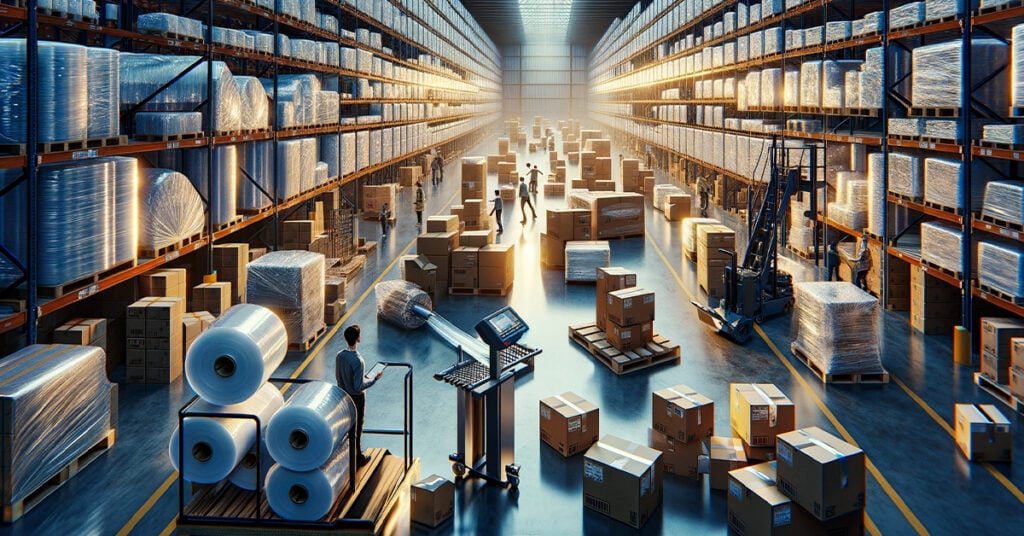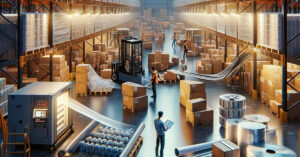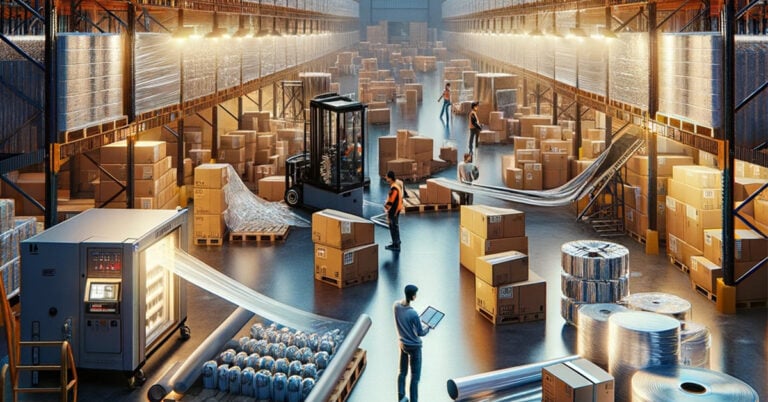A Brief History
“For centuries, historians and archaeologists have defined periods of human history by the technologies or materials that made the greatest impact on society—like the Stone Age, Bronze Age, or Iron Age. But what age are we in now?” According to an article in Smithsonian Magazine, the simple answer to that is a single word: plastic.
In ages past, human beings have furthered their development and prosperity by making good use of the materials available to them. Elements such as iron and bronze truly shaped our history and, in many ways, it can be quite sad to think about the fact that our era will forever be remembered as the Plastic Age. Despite the usefulness of plastic in society, there is no denying the fact that development through plastic comes at a very steep price. The irreversible damage caused by plastic and its production is something that cannot be ignored.
Environmental Concerns
It goes without saying that when we think about plastic, we tend to simultaneously link it with pollution. Plastic really has made its way to every nook and cranny on earth, where it continues to choke the life out of our natural environment. There are for example multiple cases of seals thinking that plastic bags are jellyfish, and this is so harmful to them. In addition, the ocean is also plagued with a menace that is even more hidden to the naked eye: microplastics. These small particles, naturally, integrate themselves into the diet of sea creatures.
The complete and honest truth is this: All of this plastic waste is degrading the environment and making it difficult for animals to survive since they are usually compelled to eat plastic, mistaking it for prey. This is also the case for humans who eat fish, and the fish has eaten plastics. The fact of the matter is that it is imperative to address this issue with urgency since it is something that has drastic implications on the health of the entire world.
The longer people remain idle about its harmful effects, the longer the seas and forests will continue to suffocate. Jennifer Brandon, at the Scripps Institution of Oceanography, stated, “It is bad for the animals that live at the bottom of the ocean: coral reefs, mussels, oysters and so on. But the fact that it is getting into our fossil record is more of an existential question.”

But why do we use plastic then? In order to answer that question, we need to understand how dependant companies are on it.
The Use of Plastic in Logistics
We already know that the world of logistics plays a pivotal role in terms of carbon emissions and thus environmental degradation. But besides the emissions from the transport of goods, the use of plastic is another threat to the environment. The logistics industry relies quite heavily on plastic in order to function efficiently and to carry on with the day-to-day operations of everyday life. A good example of a disposable plastic in the supply chain is a security seal. According to an article by Jason Brown, “Millions of single-use-plastic security seals are discarded daily, without a second thought.”
These disposable security seals have proven to be very harmful since they usually end up thrown in the environment, and in some cases they can even end up blocking drains and pipes. An article by rePurpose clearly states that less than 10% of manufactured plastic waste has been recycled thus far. If it is even possible to fathom, the rest of the plastic can now be found in landfills and in oceans. Moreover, if we were to stop and think about the fact that only 10% of the manufactured plastic in the world has been recycled, the reality is quite horrifying.
Is the Use of Plastic in Logistics Inevitable?

For certain kinds of products, companies can even use containers made of metal and glass, as opposed to plastic, since it is a more durable option, and it is also easier to recycle. Furthermore, there is also the concept of bulk shipping, and this reduces the need to have excessive packaging containers. Ultimately, there will always be different solutions to issues such as these. While it may be true that some of these solutions might be more costly than simply using traditional plastic, it is also a well-known fact that the world is changing. If companies don’t want to fall behind in this rapidly changing environment, then they must also make inherent changes to the way the business is run. In earnest truth, the goal of every company nowadays should be to try and become as environmentally friendly as possible. This is especially true since the world, quite literally, depends on it.
DHL proposes multiple solutions when it comes to packaging, such as packaging made from seaweed, mushroom or edible films. In addition, inflatable air pillows are a wonderful substitute to traditional materials such as bubble wrap. Furthermore, recycled cardboard can also be used. According to a blog article by DHL, “Compared to plastic, a cardboard box reduces oil and CO2 emissions by 60%. And, as an organic material, cardboard is 100% biodegradable and can be recycled several times over.”
What is Being Done to Fix the Problem?
Fortunately, there are multiple companies and NGOs in the world that are completely invested in trying to clean up our oceans. For instance, The Ocean Cleanup is an organization based in the Netherlands which is currently invested into developing technology that can aid in efforts to remove plastic from the ocean. “Our cleaning technologies are deployed around the world as we conduct the largest cleanup in history. For over ten years, The Ocean Cleanup has been researching, extracting, and monitoring plastic pollution in oceans and rivers globally – with millions of kilograms removed to date.” In the same line of thought, there are also other organizations with an emphasis on cleaning the ocean such as Plastic Oceans, OCEANOPLASTIC, and many more!
Furthermore, companies such as Plastic Collective also play a major role in finding innovative ways to deal with plastic. According to Louise Hardman, founder and chief executive of Plastic Collective, she emphasized the importance of giving value to plastic since the theory is that if it is possible to recover the value of plastic, then we will not throw it away and then it cannot become pollution. The goal of Plastic Collective is to provide a greener alternative to burning plastic or dumping it into the environment. “I thought if every small community could have small mobile recycling equipment, then that would start to get the value of the materials,” she said. “They could make products that they needed, like benches or fence posts or whatever’s useful in the community.” While it is a wonderful thing to remove the plastic from the environment, it is equally awe-inspiring to develop and use technology which can make plastic valuable and useful in societies.
The fact of the matter is this, there is a lot of damage being done to our natural environment. In the end of the day, we can never say that it is one person’s responsibility to make a change, as it must always be a group effort. We all must do our part in order to ensure that a significant difference can be made in this world.









